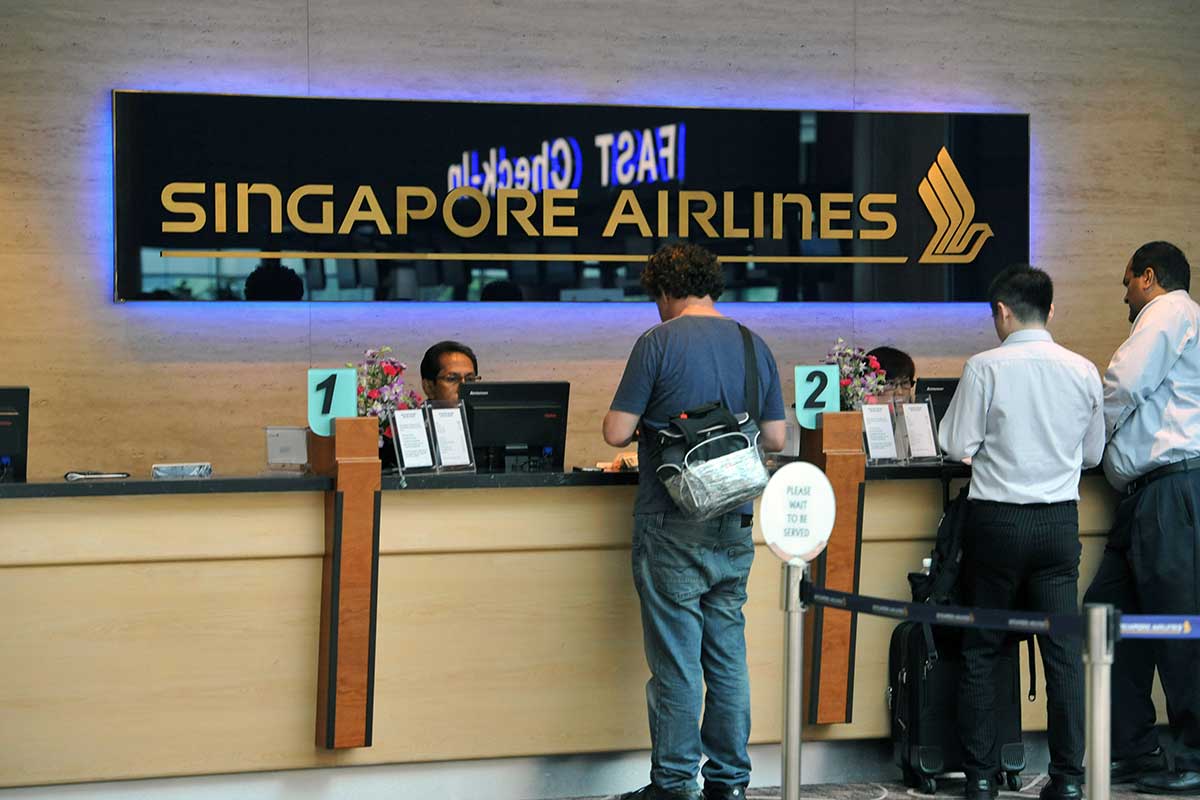Blockchain refers to a shared, public ledger of records or transactions that is open to inspection by every participant while not being subject to any form of central control.
It is these very capabilities that align particularly well with the characteristics of the airline industry, according to the 2017 report, ‘Beyond the Buzz: The Potential of Blockchain Technology’ by Accenture. Since the airline industry involves many different players and requires the reconciliation of data at various touchpoints, blockchain would not only improve transparency, but also enhance efficiency, and reduce operational costs.
"Blockchain can ensure everyone involved in travel - airline crew, airport staff, ground services crew and passengers - has access to the same, up-to-date, verified information about arrivals, departures and delays,” travel solutions expert Shiraz Malik said.
"This can help to avoid situations where airline and airport websites, mobile apps, text messages, passengers and staff members have outdated or conflicted information about flight statuses," he further explained.
Accenture identified airline loyalty and rewards programs, ticketing, and safety and maintenance as key areas that would benefit from blockchain technology.

Source: Airbus
Singapore Airlines' KrisFlyer frequent flyer program, for example, restructured its payments and loyalty program earlier this year by adopting the blockchain structure for its new digital wallet. The digital wallet allows members to use frequent flyer miles to complete point-of-sale purchases both, onboard a plane and around an airport. Customer loyalty is fostered due to the ease with which they get to spend their frequent flyer miles.
In terms of innovating in other areas, Southeast Asian airline companies still have plenty to learn from other international carriers. Blockchain-based ticketing has so far only been launched by Russian airline PJSC Siberia Airlines (also known as S7 Airlines). The Ethereum-based ticketing it introduced in 2017 automates all booking steps, including the execution and verification of payments. The new ticketing platform is said to reduce payments processing time from 14 days to just 23 seconds. Further innovations using blockchain could include tokenised ticketing, enabling e-tickets to be connected to smart contracts and then peddled by multiple sellers in different parts of the world at the same time.
Blockchain would also enhance airline safety and maintenance by providing traceable aircraft maintenance logs. The immediate provenance of every airplane part in real time would be possible, for example. This would then effectively cut down on time allocated conducting due diligence checks. Implementing blockchain for the maintenance of its fleet is a possibility currently being studied by Air France-KLM since October 2017.
Getting up to speed
That being said, Southeast Asian airlines may not yet be ready for extensive blockchain-related innovation. Singapore is one of the first nations in this region to have announced blockchain-based initiatives thus far. More extensive blockchain applications will require regulation, not least of all through the formation of joint industry guidelines, for instance. Research is needed to come up with a framework of that kind.
In this regard, German carrier Lufthansa has been an international pioneer, having introduced its ‘Blockchain for Aviation’ initiative to accumulate knowledge from different fields of expertise, including software development, logistics, and aircraft manufacture.
Southeast Asia’s aviation industry will only be ready once its airline industry becomes more digitalised. With Southeast Asia a prime tourist destination known the world over, this is a golden opportunity for regional airlines to jump on the blockchain bandwagon. Regional airlines such as Scoot, Jetstar, Air Asia and Firefly for example, should take the first steps in ensuring their data is digitalised.
“In the aviation industry we still have a lot of data that is not digitalised. The first step would be to migrate to a fully digital solution for the supply chain and for all the aviation data we collect,” explained James Kornberg, Air France-KLM business unit director of innovation.
“Before we do that, blockchain cannot be applied on non-electronic data,” he added.
Realising blockchain’s potential for Southeast Asia’s airlines is only possible once such building blocks are in place. There is already sufficient public awareness of blockchain in this region, but there would also need to be wider acceptability of this technology for use in the airline industry in order for it to really take off there.
This article was first published by The ASEAN Post on 13 March, 2018 and has been updated to reflect the latest data.
Related articles:
